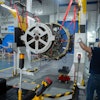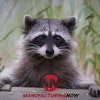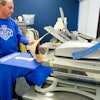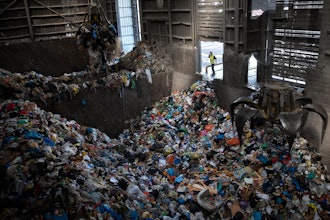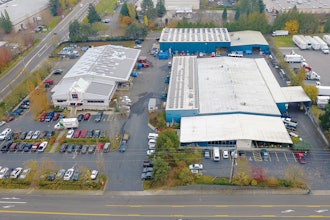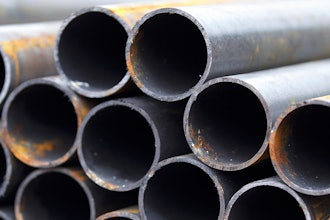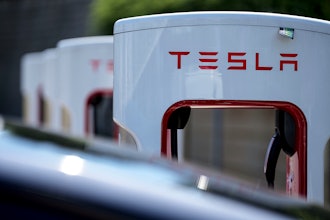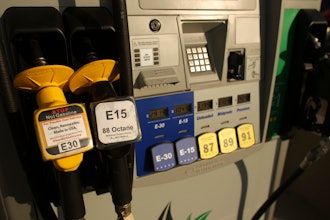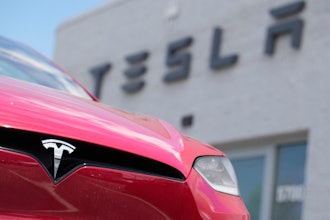TOKYO (AP) - Japan has agreed to lift its ban on U.S. beef imports, pending planned inspections of American meat processing plants, the two governments said Wednesday in a joint statement.
The breakthrough resolves a thorny, long-running trade dispute between the allies, and gives U.S. ranchers access to what was once their most lucrative export market.
The ban, first imposed in 2003 over concerns that U.S. beef might be infected with mad cow disease, was lifted at the end of last year for just a month before Japan again halted U.S. beef shipments in January.
''Japan agreed to resume U.S. beef imports on the condition that we find no further problems during onsite inspections,'' said agriculture ministry official Hiroaki Ogura.
Prime Minister Junichiro Koizumi praised the accord.
''The U.S. thought we were slow in reaching this decision while we thought otherwise,'' Koizumi told reporters. ''Our opinions were different, so we discussed the issue. It's a good agreement.''
U.S. Agriculture Secretary Mike Johanns in a statement Wednesday described the agreement as a step forward, but said he would not be satisfied until U.S. beef is once again accepted into the Japanese market.
''I cannot emphasize strongly enough the importance of Japan recognizing the U.S. food safety inspection system as a single, effective system and acting accordingly in resuming trade,'' Johanns said.
Opposition party leaders and consumer groups, meanwhile, criticized the decision as hasty. The Japan Consumers Union said in a statement that it was reached for political reasons without regard for food safety or consumer health.
Social Democratic Party leader Mizuho Fukushima characterized the decision as ''a souvenir'' for Koizumi to give to U.S. President George W. Bush when he visits the U.S. later this month, according to Kyodo News agency.
At stake was a trading relationship worth millions of dollars to the U.S. beef industry. Japan's market was worth US$1.4 billion annually when it banned American beef in response to the first U.S. case of mad cow disease in 2003.
After a two-year ban, American beef shipments to Japan resumed in December, but were halted again early this year after Japanese officials found backbone in a veal shipment, which Tokyo considers a risk for mad cow disease. The cuts are eaten in the United States and elsewhere, but Japan's rules are stricter.
The U.S. Agriculture Department says that New York-based Atlantic Veal & Lamb and a government inspector misunderstood the new trade rules when they allowed the prohibited veal shipment to leave for Japan.
Japan has also asked the U.S. to ban chicken and pig meat and bone meal from cattle feed, said Hiroshi Nakagawa, a safety director at the agriculture ministry. The U.S. already bans cow meat and bone meal from cattle feed under a 1997 regulation to protect against mad cow. All three are banned in Japan.
Only facilities whose safeguards meet Japanese standards will be authorized to export to Japan, the joint statement said. Japanese officials will also be allowed to accompany their U.S. counterparts on spot inspections of the facilities, it added. The accord requires the U.S. side to conduct the spot inspections.
The inspections are meant to ensure that U.S. processing facilities conform with Japanese food safety guidelines, the statement said.
Officials from Japan's health and agriculture ministries will begin a one-month audit tour 35 meat packing plants on June 24 in San Francisco to ensure the facilities comply with export requirements, said Masato Kitera, a Foreign Ministry official.
Inspectors will also review procedures at ranches, feedlots and mills, as well as accompany U.S. Agriculture Department on unannounced inspections, the joint statement said.
Customs procedures in Japan will also be tightened to crack down on illegal shipments.
American negotiators had asked Japan to resume beef trade vowing to prevent similar mistakes. If a violation is found, the U.S. wants Japan to restrict shipments only from the culpable meatpacking company and not all U.S. processing companies.
American officials had been impatient for trade to resume, with several U.S. senators warning Tuesday they would introduce a bill that imposes trade sanctions if Japan did not reopen its market to U.S. beef by Aug. 31.
Mad cow disease is also known as bovine spongiform encephalopathy, or BSE. In humans, eating meat contaminated with BSE is linked to variant Creutzfeldt-Jakob Disease, a rare and deadly nerve disease.

